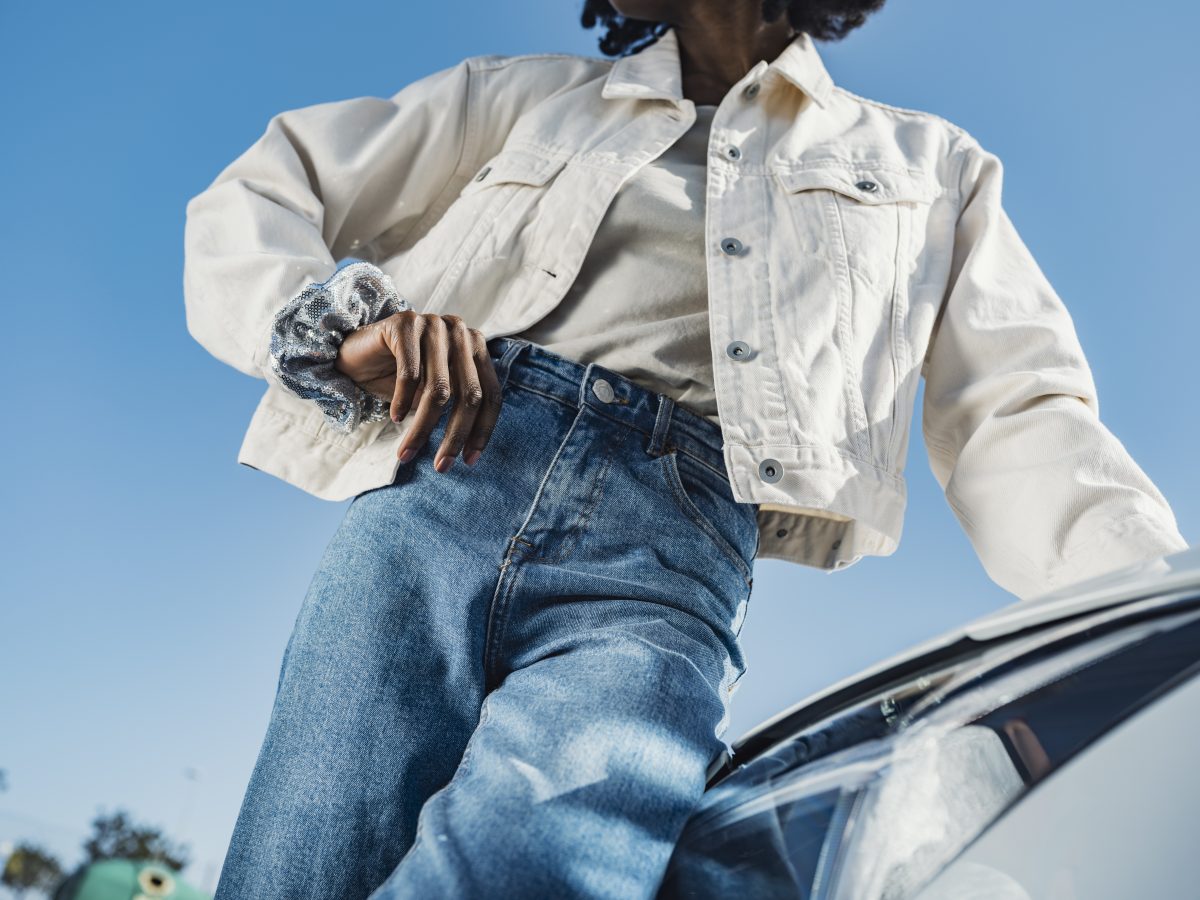
Social media trends are known for coming and going. As platforms like TikTok and Instagram continue to shape pop culture and public opinion, one emerging lifestyle shift seems to have more staying power: the modesty trend. More influencers are now embracing modest fashion, encouraging women to wear less revealing clothing and instead opt for styles that provide more coverage. In many circles, modest clothing is seen as a symbol of sophistication or demureness.
While “modesty” has been used in various contexts throughout history, it’s most often been tied to religious or traditional values, particularly as a behavioral expectation for women. Brands like Nike and Adidas have also tapped into the modesty movement, promoting inclusivity through collections that cater to women who want to dress more conservatively—whether for cultural, religious, or personal reasons. Today, however, the modesty trend has found new momentum through digital creators, many of whom openly identify as Christian or religious.
According to both Pastor Alia Akili of The Well NYC and fashion enthusiast Raven Beckett, modesty is more than just a dress code—it’s a reflection of personal belief.
“[Modesty] can look different based on cultural settings,” Akili told GU. “That can look different based on religious upbringing, that can look different based on how you feel for the day. I think that’s the beauty of fashion. That’s the beauty of modesty.”
Akili added that, like other fashion movements—whether emo, glam, or streetwear—modesty is deeply personal and open to individual interpretation. While some treat modesty as a fleeting trend, others, like Beckett, view it as a lifestyle shift rooted in conviction. Beckett began her modesty journey after leaving a job that conflicted with her growing values. A 14-week course centered around faith helped her explore modesty more deeply.
“I’ve always been a fashion enthusiast—I appreciate a great look,” said Beckett. “People want to put [modesty] under a blanket of no cleavage, no this, no that. Honestly, in my opinion, from what I’ve experienced with my faith and my journey, modesty is as it pertains to your walk.”
As more influencers center religion and spirituality in their content, Akili notes that Christianity has long been an undercurrent in both fashion and pop culture.
“I truly believe the church is that girl. The church is the ‘it girl,’” Akili joked. “There’s now a rise of Christ being a part of the culture in a way that is more on display—when really, the church has always influenced pop culture. It’s just now getting traction because it’s cool.”
Still, as the modesty movement gains traction, it also surfaces long-standing double standards—particularly around how modesty is expected of women but rarely discussed in relation to men.
Akili emphasized that these conversations should be more inclusive: “The same conversations about modesty should include men and their relationships to faith and clothing, too.”
For Beckett, the growing dialogue around modest fashion is less about control and more about acceptance.
“I feel like we let a lot of people dictate how to be a faithful woman,” she said. “If more people of any religion, of any faith, just dropped the judgment veil and allowed people to be as they are, more people would be willing to explore their faith.”